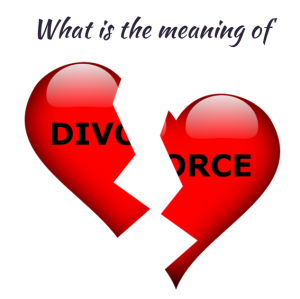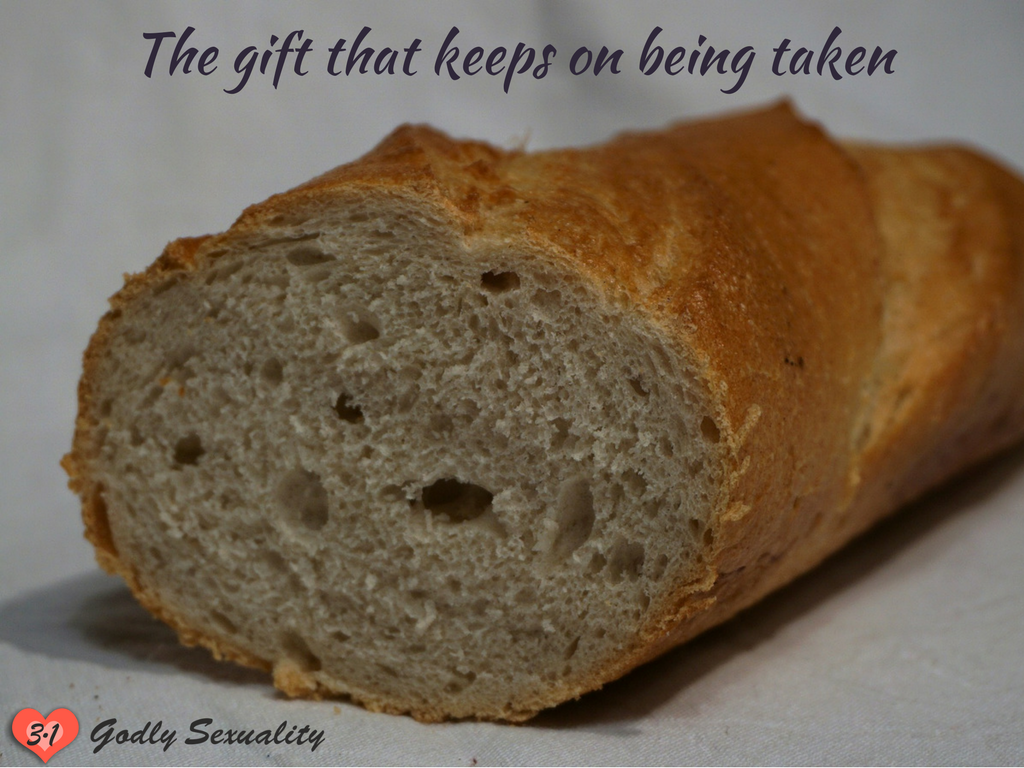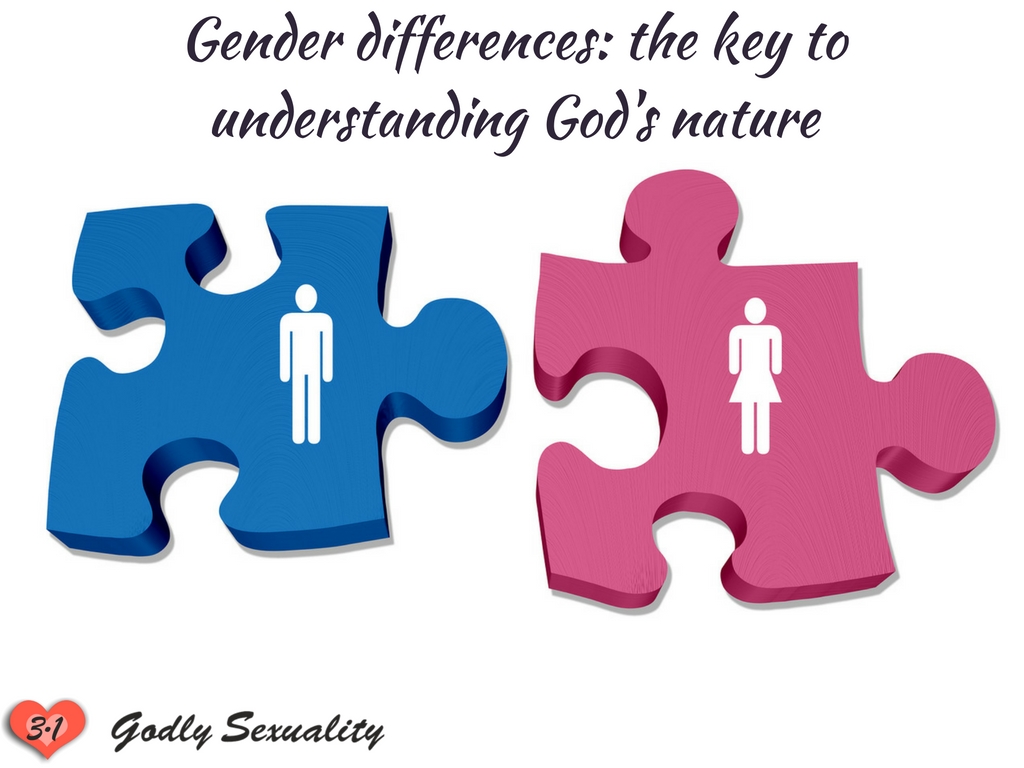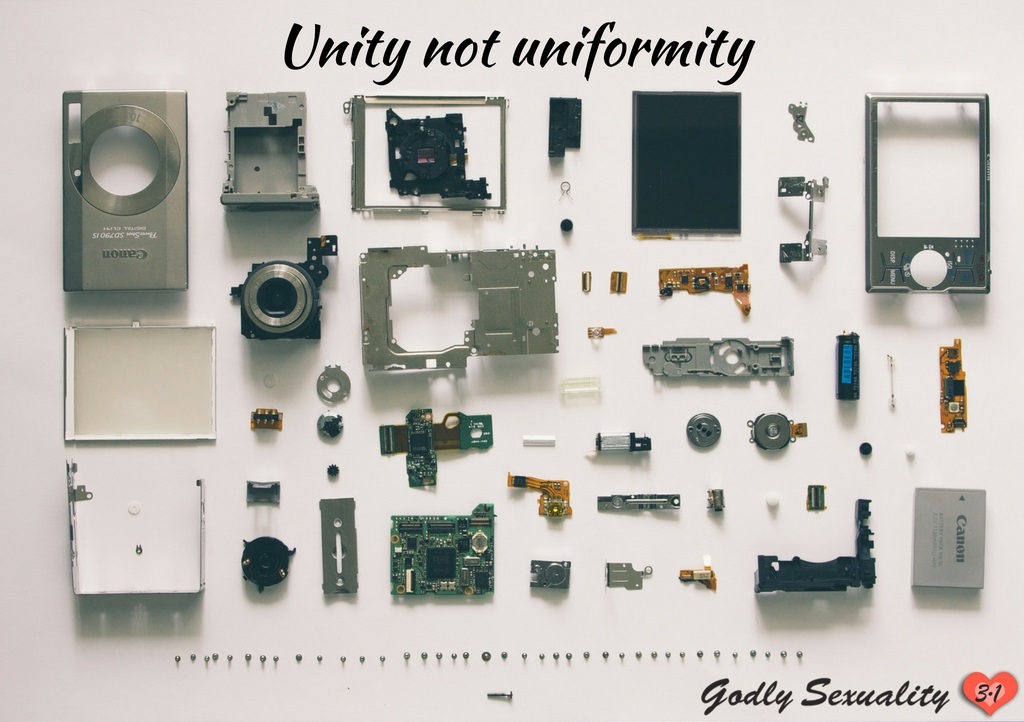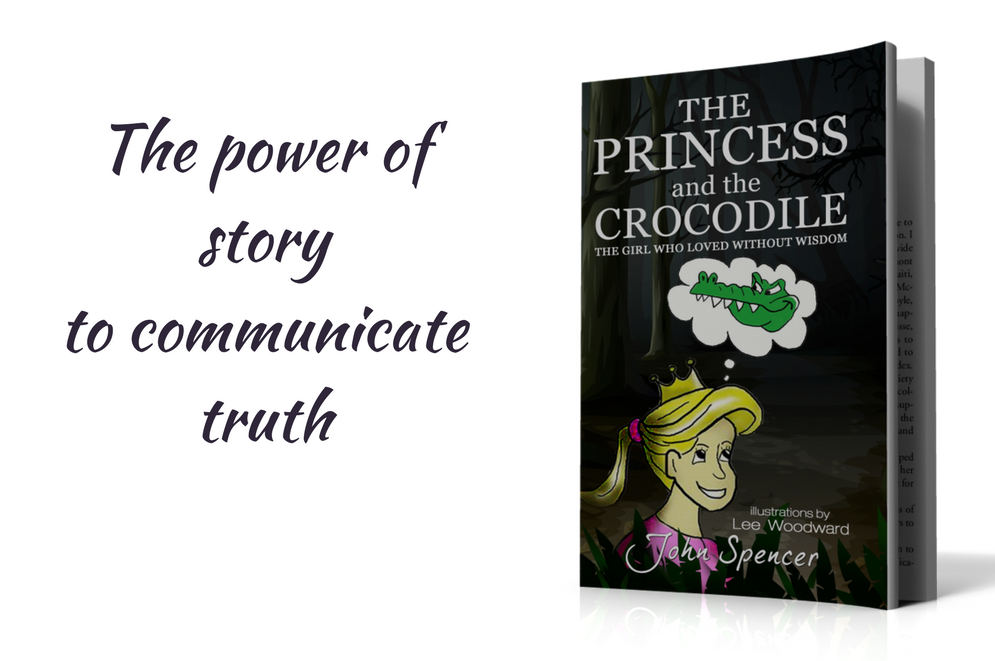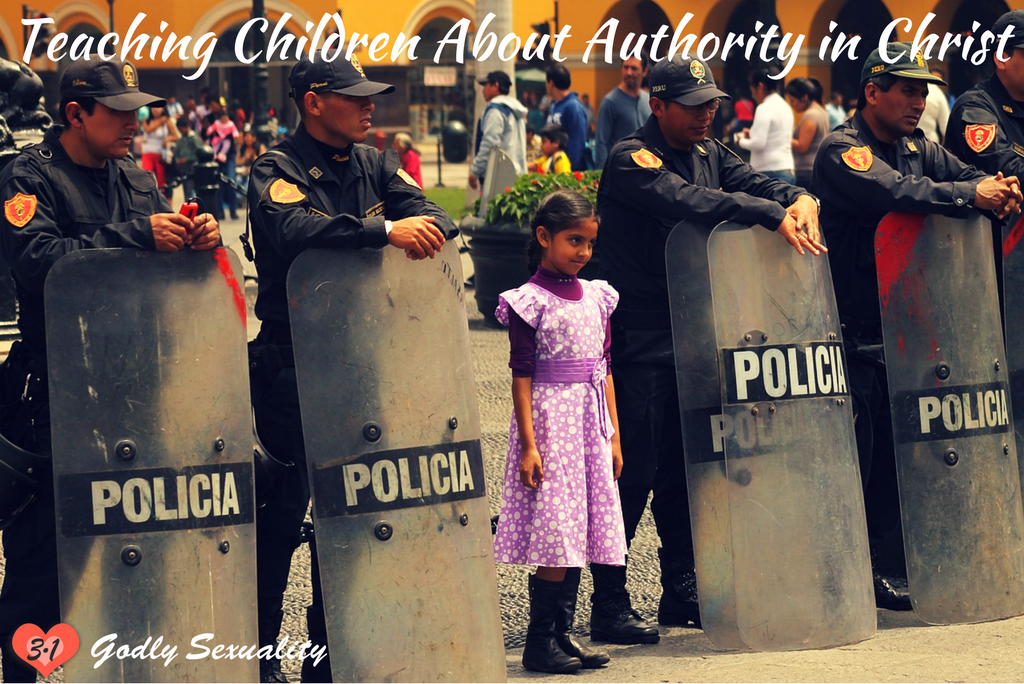“I have to teach you a great new card game the boys taught me at my camp!” my eldest boy said excitedly at the dinner table, “It’s called cocksucker.”
Time stood still.
“I’m sorry?” I managed to splutter whilst chocking on a piece of potato.
“cocksucker” he said again.
Maybe my wife and I had misheard, “cobsucker?” I asked hopefully.
“No, COCKsucker,” he said again.
OK….he clearly means the very word we wished he had never mentioned to all of us.
Now the main problem with being a Christian parent is that we can all too easily react to the world’s darkness rather than acting from a Kingdom perspective. The light is so much more powerful than darkness – and so we don’t need to be afraid of what our children pick up. But we do need to turn on the light and help them see things in the light of truth.
I wanted to shout “how dare you use that filthy language in my house!”
Now whilst this would have vented my anger and satisfied my righteous indignation it wouldn’t have helped my son (or the rest of the children gathered round the table) what that word meant and why it was unsuitable. Nor would it have helped him make good choices in the future.
Instead he would have learnt to not share his excitement, to keep quiet about words he hears at school or (in this case) “Christian camp” and then go and seek answers elsewhere.
I want my children to come to me and ask me about what they pick up in the world so that I give (what I hope is) godly wisdom and advice. This means that I first have to become unshockable like Jesus.
Jesus often knew what people were up to (eg the woman at the well Jn 4:17-18 and Jesus anointed by the sinful woman Lk 7:39) and he hung out with tax collectors and sinners (Mt 9:10) and would have heard coarse language from these common people. Yet we don’t see any mention of him reacting or being shocked by sin. Why? Because sin is no threat to him – he is a threat to sin. He knew since the foundation of the world (Rev 13:8) that sin was a defeated enemy.
So I needed to have a calm and candid conversation with our son that went something like this: “cock is a slang word for a man’s penis. It’s used to describe how it’s not something precious made by God but something that is used to go anywhere and do anything just like a cockerel struts around and does what he wants. So you can see what cocksucker will mean. However, the phrase cocksucker us used to say that they will do want they want and you must suck it up – you must be their slave.”
My son went rather pale at this point when he realised how they had treated him.
“So I think they weren’t being very kind to you.”
My son received this information and was then able to make a wise choice about the word and to his credit he calls the game President instead.
Now in our case it was clear that he had no idea what the word meant. Sometimes a word might be said to see what reaction it gets or as deliberate defiance. The first time it occurs we need to have a conversation like the one above and then subsequent times it occurs we can take appropriate disciplinary action.
Good word bad word project
Walker Moore in his excellent parenting book “You want to pierce what?” (which was developed further in his “Rite of Passage Parenting”) talks about the “good word bad word” project he did with his sons. He got a big bit of paper and divided it into two columns – one for good words and the other for bad words. Each evening they would discuss words they had met at school that they were unsure about their meaning. He asked them not to repeat a word they’d heard at school until that point in the day he had told them the meaning and they could decide which column they would go in. If it was a bad word then they chose two good words to replace it and put them in the good word column.
In three years we had every swear word in the English language on the chart. Eventually we had no more words to add to the bad word column. It’s amazing the communication barriers that go down when you are writing down filthy words with your children. We also, however, wrote words that carried confusing meanings. We were able to talk about subjects like homosexuality and abortion before our children reached nine years of age! Opening up this kind of communication gave my children the knowledge that their parents would not over-react or be shocked at anything they wanted to discuss…without this project, my boys would have endured years of seeing Dad seethe with anger over words they heard at school, and the only lesson they they would have learned would have been, Don’t say the bad words in front of Dad. Instead they learned that there are things that are good and things that are bad, and they must developed the skills to know the difference.
These skills were then applied in other areas of their lives.
Summary:
- Firstly, let’s not be naive and think our children won’t encounter these words in their lives – we cannot shelter them from the world – indeed we are supposed to be in the world (but not of it) not separated from the world in a bubble. How can we be salt and light if we keep our salt and light separate.
- Secondly, let’s not react to bad words – Jesus is more than able to save sinners and cleanse us from every wrong doing.
- Thirdly, let’s train them – disciple them – and give them the tools they need to make great choices.
If you enjoyed this post then you may also enjoy another post I wrote called “Parenting with faith or with fear”.


